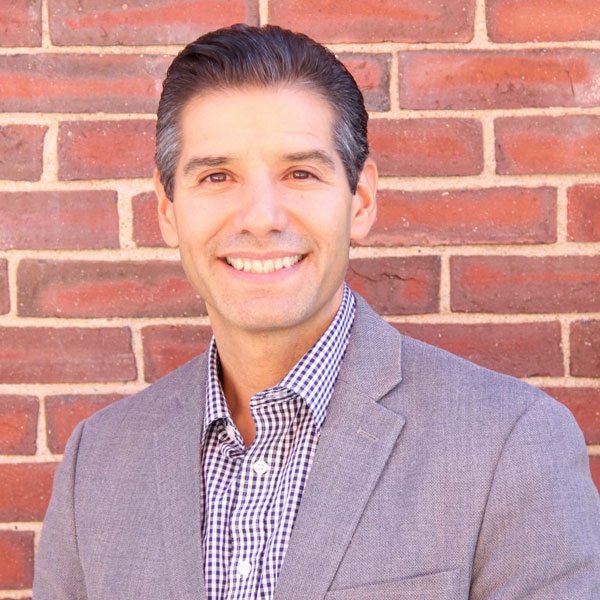John Valverde: The CEO Of Second Chances

Every year, about 8,000 young people who have left high school without a diploma find their way to John Valverde’s organization looking for a second chance. A third of them have already been involved in the criminal justice system. But Valverde knows these young people are more than the crimes they have committed or the abuse they’ve endured. He is interested in turning the page with them, and asking them: What else is true?
“They’re struggling to find the way to have hope in the future, but they want more for themselves,” Valverde says. “That’s what else is true here. That they are more than their circumstances. They really can achieve anything in life if they have opportunity and adult support.”
Over a year ago, Valverde took over as CEO of YouthBuild USA from Dorothy Stoneman, the “force” who founded the nonprofit forty years ago. It offers education, counseling, and job training to young people who are living in poverty across the US and around the globe. This is a need that Valverde understands. He was raised by a single mom in Queens, New York. Estranged from his father, they struggled financially. At 20, he was convicted of manslaughter after killing a man who had allegedly raped his girlfriend. “I can never change what happened,” he says, “but maybe I can make amends, little by little, for the rest of my life.” Valverde sees his work at YouthBuild as one way to do that. “To be a leader of a second chance program, living out my own second chance, is pretty amazing.”
Sign up for our free newsletters
Subscribe to NPQ's newsletters to have our top stories delivered directly to your inbox.
By signing up, you agree to our privacy policy and terms of use, and to receive messages from NPQ and our partners.
In a new occasional series about the thorny situations nonprofit leaders face and how they try to overcome them, Valverde describes what he learned about leadership during his 16 years in prison. He discusses the challenges of taking over from an organization’s founder after nearly 40 years. And he talks about what it means to be a leader of lived experience.
“At first, I was really sad to hear that there weren’t others with criminal backgrounds who have been able to rise to this level,” he says. “But I feel that [my success] has much less meaning if it doesn’t inspire young people to believe that they can live into futures they never imagined were possible, and if it doesn’t inspire society to believe in second chances.”
Additional Resources
- About YouthBuild
- Karen Pittman interview: “Thought Leader Roundtable: Reflections on the Opportunity Youth Movement”
- The New York Times: “Saying Goodbye After Teaching Young People to Build Confidence, and Homes”













